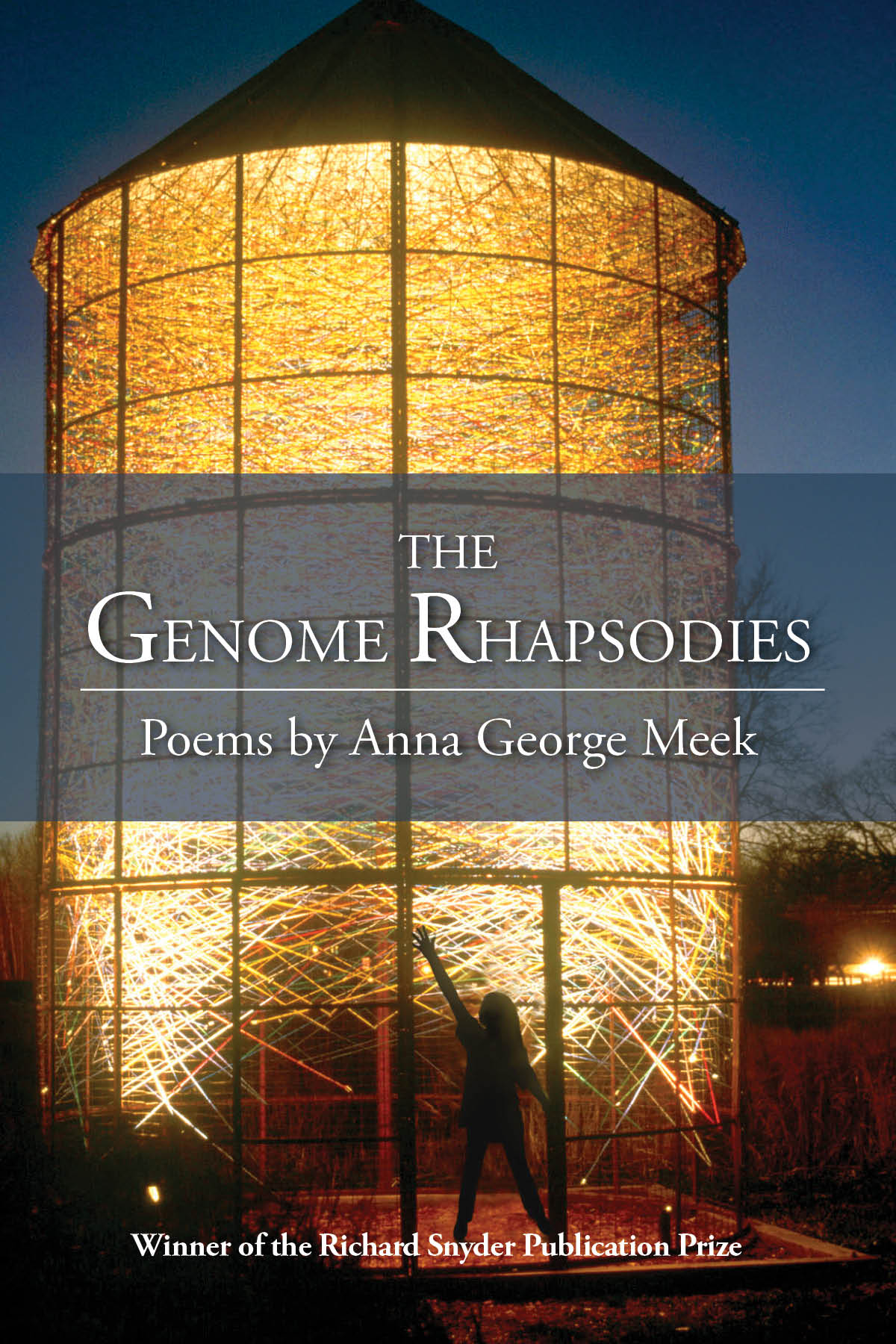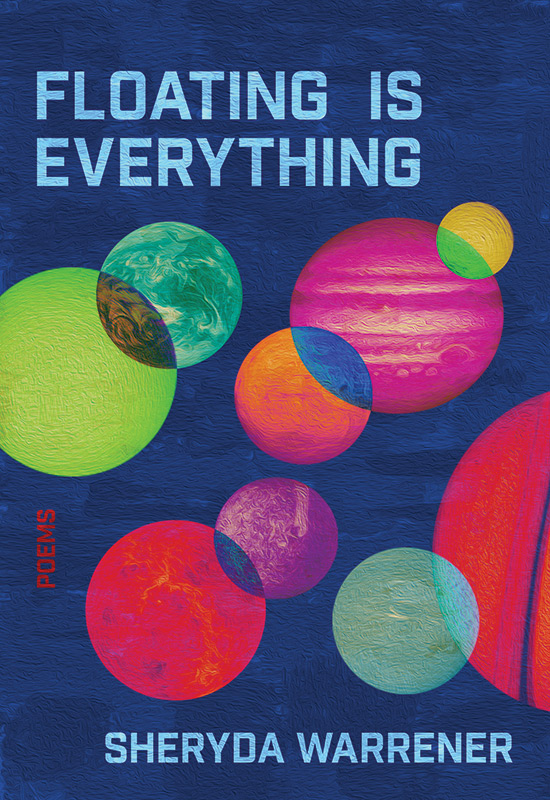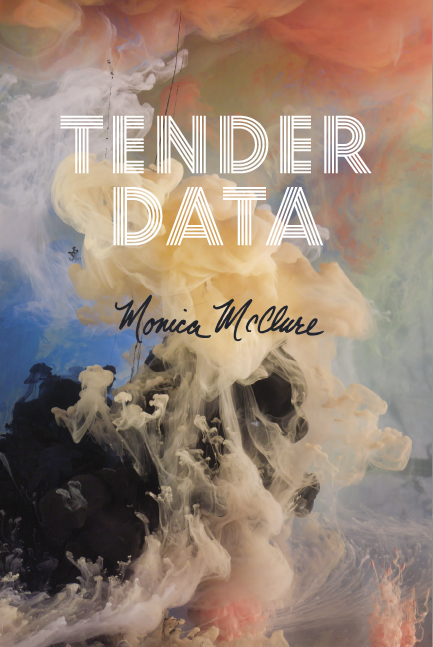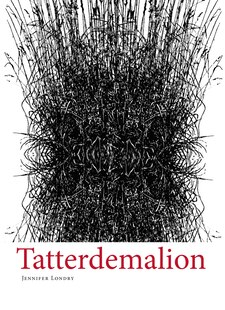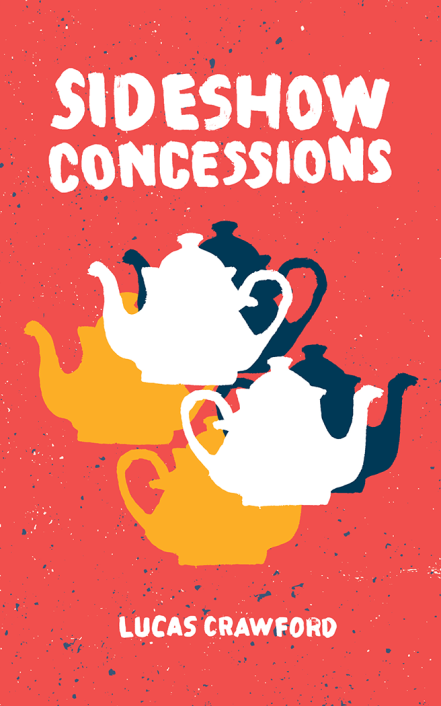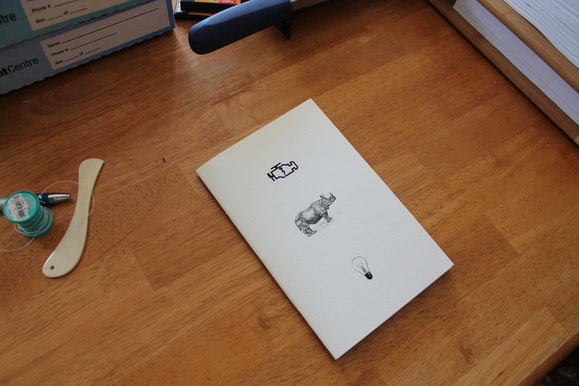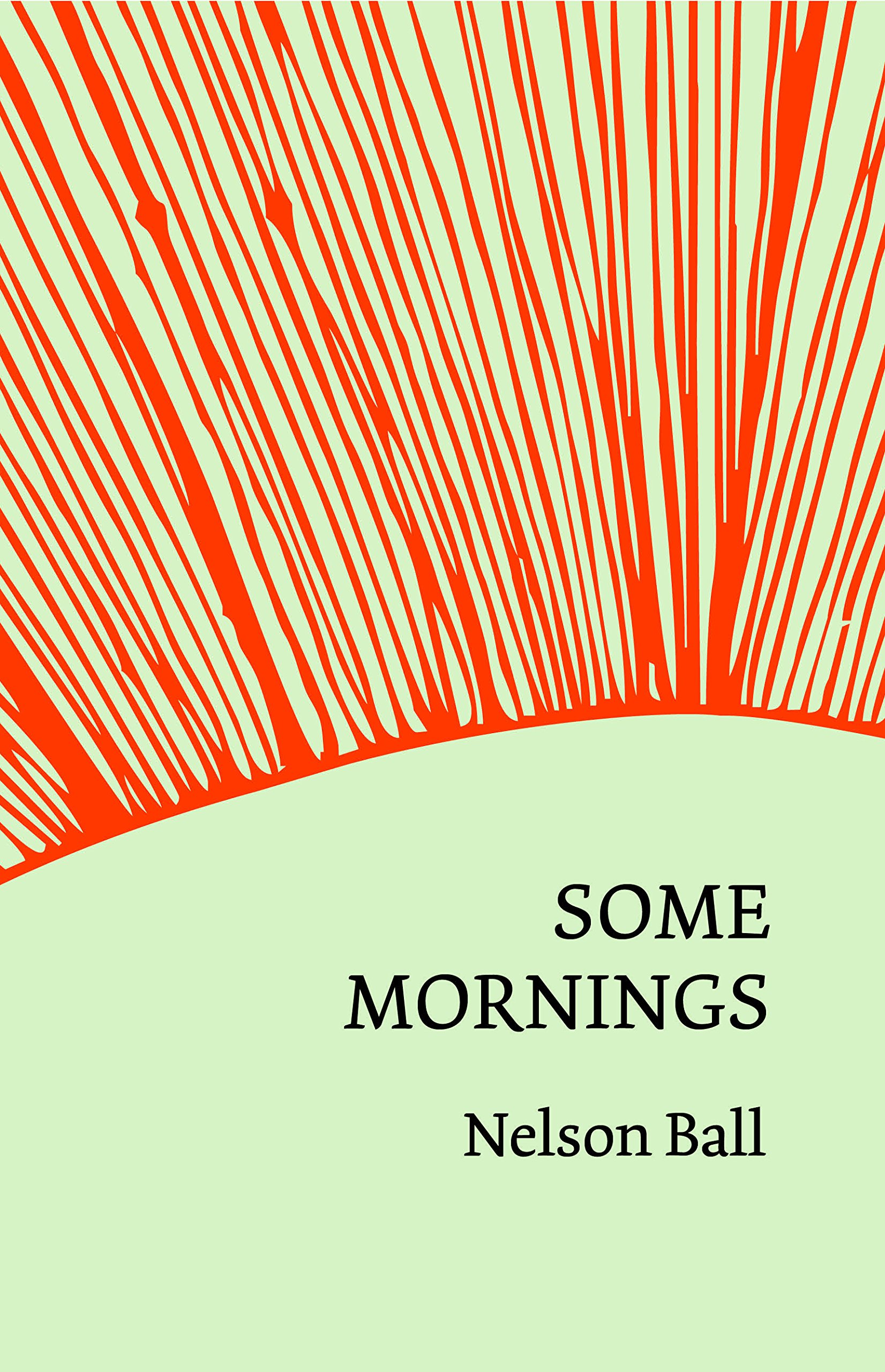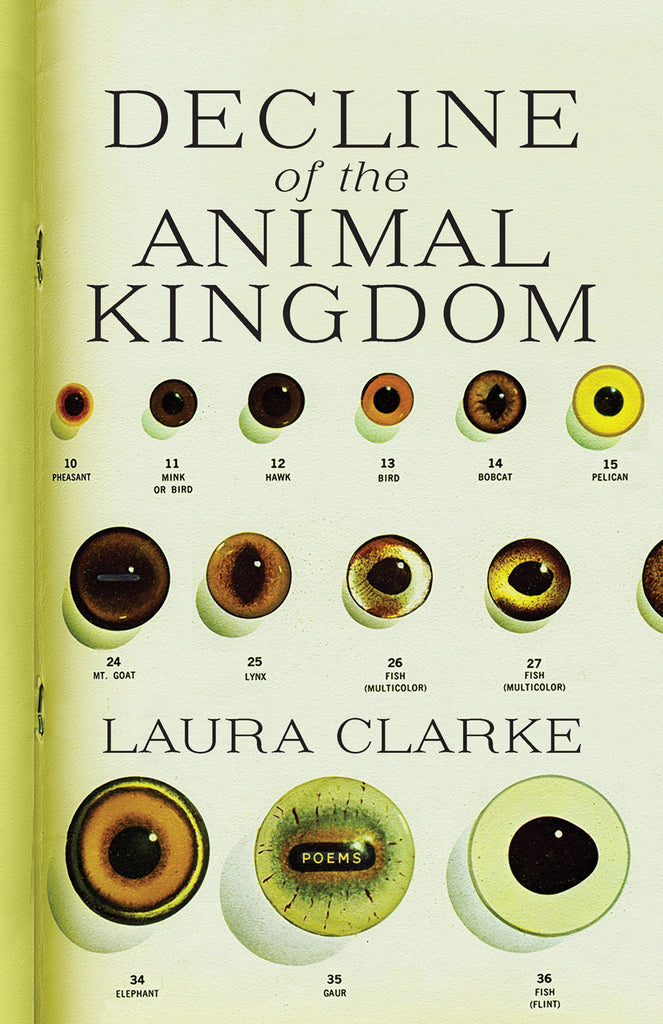Today's book of poetry:
Cobourg Variations - a bunch of poems and an essay. Stuart Ross. Proper Tales Press. Cobourg, Ontario. 2015.
Today's book of poetry has written about the work of Stuart Ross before. Of course we have, our guest room is called the "Stuart Ross" room.
Today we take a look at one of Ross's recent chapbooks, Cobourg Variations - a bunch of poems and an essay. In checking out our Today's book of poetry bookcase, aside from the nine full length trade poetry collections, we counted out over thirty-five chapbooks. It was hard to keep them straight as both Milo and Kathryn went bonkers. We all love Stuart Ross here at TBOP.
So today's disclaimer: I've known Stuart most of my adult life, he is one of my dearest friends, I was recently in his wedding party, and I love him like a brother. Today's book of poetry (Michael Dennis) has a New and Selected coming out in the spring of 2017 from Vancouver's Anvil Press (bless Brian Kaufman's cotton socks) and Stuart Ross is not only editing it, he's selecting the poems. That's how much I love the man.
And I adore the poet.
Cobourg, Night
If I shove the boxes
of books aside, drag
the curtains, crane my neck
just so, I can see the clock
on Victoria Hall. It
chimes twice. My parents
died in another city
75 minutes away. The story
of their lives, as filmed
by Ealing Studios, is screened
on the night sky. Here
it is exotic. Tonight:
the screening. Tomorrow:
the Pulled Pork Festival.
Down below, vines have tumbled
from the brick walls, encumbering
the porch. A green ribbon has
unraveled. I wind it tightly
around my well-sucked thumb.
...
You would be right to think that I am totally biased about the poetry of Stuart Ross, I've been crazy about it for years, decades in fact. You always know that his poems will both amuse and instruct. Cobourg Variations is no exception. The BigSmokeBigEasyBigCity boy has found a new home in a small town and it has been a perplexing and befuddling experience.
We are used to a surreal embrace from the Ross canon and he doesn't let us down in Cobourg Variations, there is dog talk of taking over the town and other strange assaults. There is also a tender homage to Ross's hero David W. McFadden. McFadden is Canada's best least appreciated poet and Ross's affection for him should be a clarion call to us all.
Cobourg Variations contains a series of crisp haiku that show us that Ross is warming up to his new environs whether he wishes to or not.
Cobourg Haiku #7
At Lee's Coin Laundromat
anything is possible. You can
catch your breath in a lint trap.
...
The essay that comes with these poems is titled "The Terrors of Tiny Town: An Essay". Ross is familiarizing himself with the local fauna, flora, tundra and so on. The beautiful thing is that in spite of himself he is coming to the conclusion that he is a small town boy after all.
This has to be distressing to Ross who simply loved his large city. "What has happened to me?" he must say. From here it would appear you can go home again, even if you have to move to a small Ontario town to find it. Didn't someone wiser than TBOP say that "home is where the heart is"?
Closer
Every night I sneak out of bed,
creep to the east end of Cobourg
and shove the town one inch
closer to Toronto.
It will get a bit bumpy
over Port Hope,
but then clean sailing
all the way to Bowmanville.
After that, a dozen or so
easy kilometers again,
until the Durham Region
demands all my ingenuity.
A few nights' rest in
the parking lots of Scarborough,
and then my home
will be home.
"This is the bridge
where In the Skin of the Lion
happens." I'll whisper
to Cobourg, "and this is
the library named after
Judy Merril." And Cobourg
will look up at me and
say, "What I really want to know
is where did Juan Butler live?
There are scenes from The Garbageman
I just can't wipe out of my mind."
...
Ross jokes about dragging his new home closer to his old but always forgets that he is a different man now. He's too busy writing new poems to actually move Cobourg. In fact I suspect Stuart Ross is one good Indian restaurant away from finally finding his place in the world.
Cobourg, who knew?

Stuart Ross
ABOUT THE AUTHOR
Stuart Ross is the author of nine full-length poetry collections, two books of short stories, two essay collections, one solo and one collaborative novels, and dozens of chapbooks. He is the winner of the 2010 ReLit Prize for Short Fiction for his collection Buying Cigarettes for the Dog and was awarded the only prize given to an anglophone writer in 2013 by l'Academie de la vie litteraire du 21e siecle for his poetry book You Exist. Details Follow. Stuart has taught writing workshops across the country and coaches writers one-on-one. He blogs at bloggamooga.blogspot.com and lives in Cobourg, Ontario.
Stuart Ross
(near the window where he can spy on Victoria Hall)
443
DISCLAIMERS
Poems cited here are assumed to be under copyright by the poet and/or publisher. They are shown here for publicity and review purposes. For any other kind of re-use of these poems, please contact the listed publishers for permission.
We here at TBOP are technically deficient and rely on our bashful Milo to fix everything. We received notice from Google that we were using "cookies"
and that for our readers in Europe there had to be notification of the use of those "cookies. Please be aware that TBOP may employ the use of some "cookies" (whatever they are) and you should take that into consideration.
